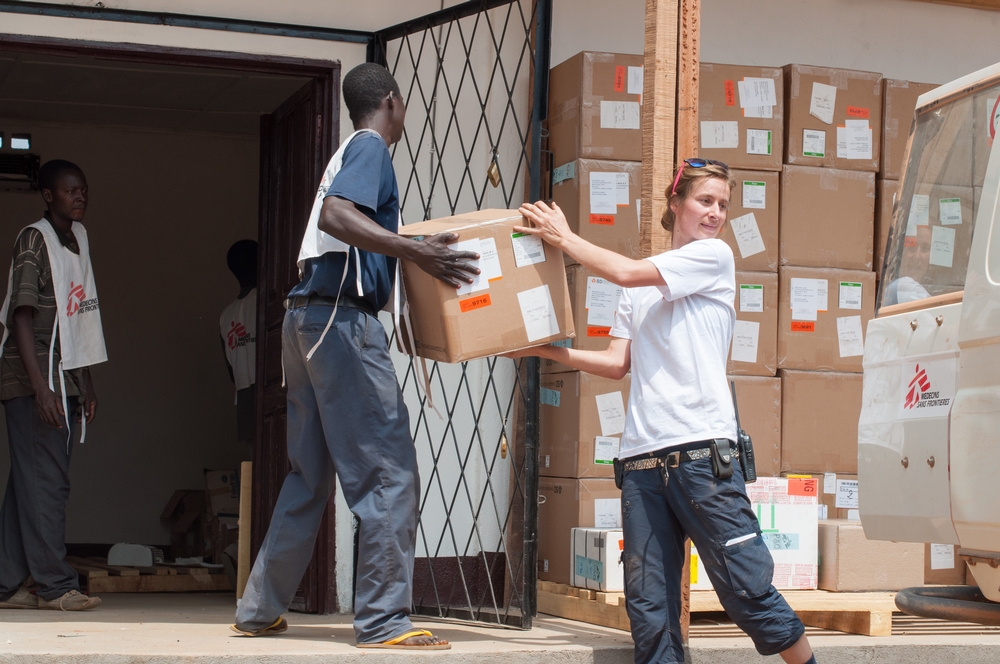Data science for real-world impact
In an eight-week hackathon, students from ETH Zurich explored how data science can be used to solve real-world problems of six NGOs. One group showed that machine learning models can improve demand forecasts for medical equipment.
Recently, data science enthusiasts from ETH Zurich were matched with non-profit organizations to solve six real-world data science challenges in the 4th edition of Hack4Good.
One interdisciplinary team—which included ETH DEC PhD candidate Kathrin Durizzo and students from the Department of Mathematics, Department of Computer Science, and Department of Information Technology and Electrical Engineering—explored how forecasting demand for medical equipment can be improved for Médecins Sans Frontières (MSF) Supply, an international humanitarian medical supplier for NGOs. Accurate demand forecasting is crucial in order for suppliers to optimally allocate resources and save lives. However, all suppliers face two major problems: avoiding stock shortages to ensure that missions can be provided with the equipment they need and at the same time minimizing unnecessary items to avoid expired items and wasted resources.

Improved demand forecasts could unleash millions of euros
To solve this challenge, the team analyzed MSF Supply medical demand data and developed two machine learning models in order to develop insights on how stock shortages and unnecessary items could be reduced. Based on the team’s improved demand forecasts, they show that MSF could potentially better allocate millions of euros in a single year.
MSF Supply will use the results to highlight the need for forecasts and benefits of implementing machine learning software within the organization for Enterprise-Resource-Planning (ERP). Thus, MSF Supply will invest more time to define a forecasting process and software needs in order to better allocate stock, decrease stock destruction, and improve stock availability.
Overall, the six Hack4Good projects show various ways that data-driven solutions can potentially increase social impact.
You can find an overview of the projects as well as the final presentations here: external page 2021 – Analytics Club at ETH